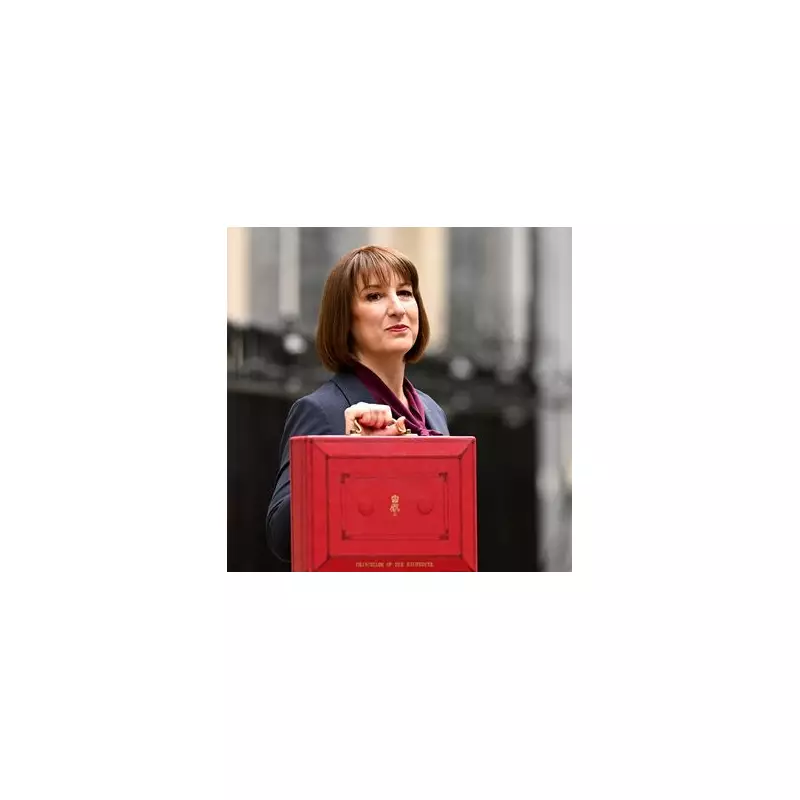
Chancellor Rachel Reeves has been dealt a significant double economic setback just days before she is due to deliver the crucial Autumn Budget, with new official data revealing higher-than-expected government borrowing and a sharp decline in high street spending.
Public Finances Under Pressure
The Office for National Statistics (ONS) reported that public sector borrowing reached £17.4 billion in October. While this figure is lower than the same month last year, it marks the third highest October borrowing since records began. More critically, it surpassed the £15 billion forecast by most economists and was significantly higher than the £14.4 billion predicted in March by the UK's independent fiscal watchdog, the Office for Budget Responsibility (OBR).
This disappointing data intensifies the pressure on the Chancellor to find ways to fill a substantial hole in the public finances, which some analysts estimate could be as large as £50 billion. For the financial year to date, government borrowing has hit £116.8 billion, which is £9 billion more than was recorded over the same period a year ago.
Consumer Confidence Wobbles
In a separate blow, the ONS also published retail figures showing a 1.1% fall in shop sales for October. This drop was larger than analysts had anticipated and suggests that consumers are growing cautious, potentially nervous about the impact of future tax changes on their household budgets.
Ruth Gregory, Deputy Chief UK Economist at Capital Economics, stated that the combined figures "paint a pretty grim picture". She warned that any tax increases announced in the Budget could further dampen consumer spending, affecting the crucial Christmas trading period and extending into the new year.
Budget Implications and Expert Reaction
The weak economic indicators have solidified expectations that Chancellor Reeves will unveil a series of tax hikes in her Budget next Wednesday. Treasury Chief Secretary James Murray has already signalled the government's intent, emphasising the need to cut debt. He highlighted that the UK currently spends £1 in every £10 of taxpayer money on servicing the national debt, money he argues should be directed towards schools, hospitals, and other public services.
Economists are now speculating on the Chancellor's likely approach. Thomas Pugh, chief economist at RSM UK, commented, "It now seems likely that the Treasury will opt for the ‘smorgasbord’ approach of dozens or even hundreds of tax increases." Meanwhile, Elliott Jordan-Doak, senior UK economist at Pantheon Macroeconomics, noted that the data strengthens the view that the government's Budget plans are on "shakier foundations".
At the end of October, public sector net debt, excluding the Bank of England, stood at a staggering £2.77 trillion, representing approximately 90% of the UK's gross domestic product (GDP).





